BMW i8 India review, test drive
BMW’s high-tech i8 hybrid sportscar looks like it has come from the future. But is it as radical as it seems?
Published on Apr 01, 2015 05:14:00 PM
1,23,857 Views
Follow us on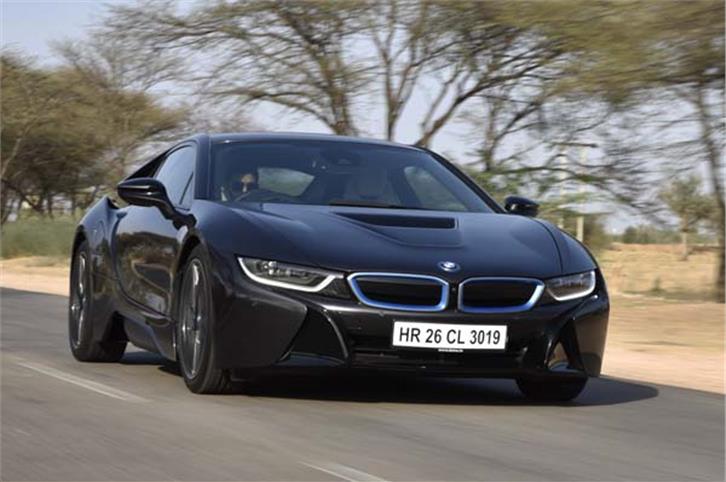
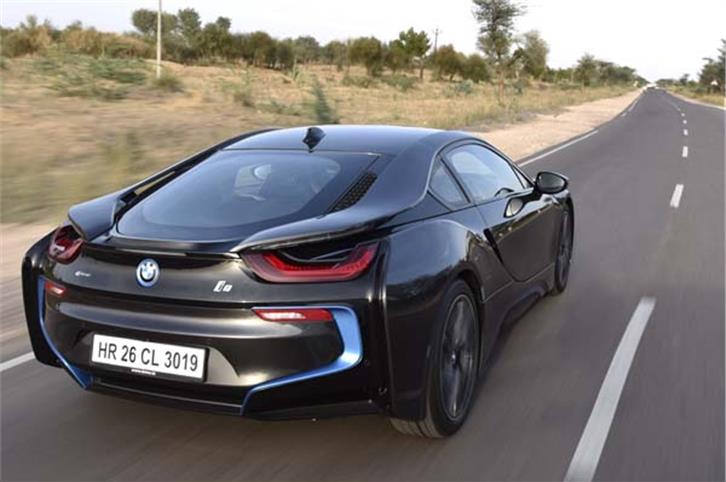
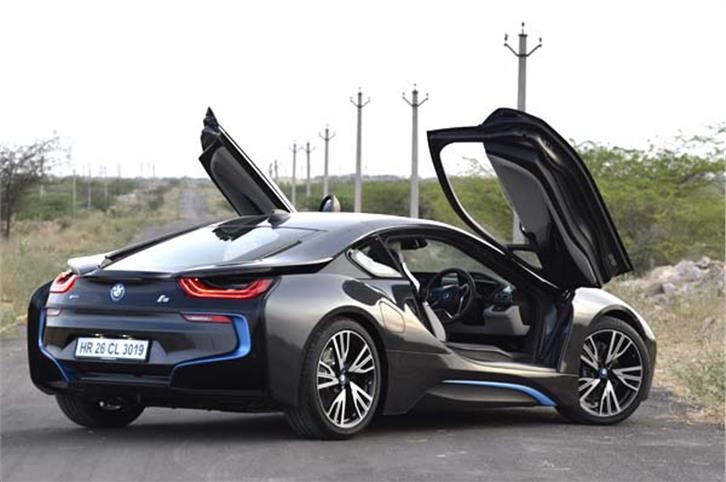
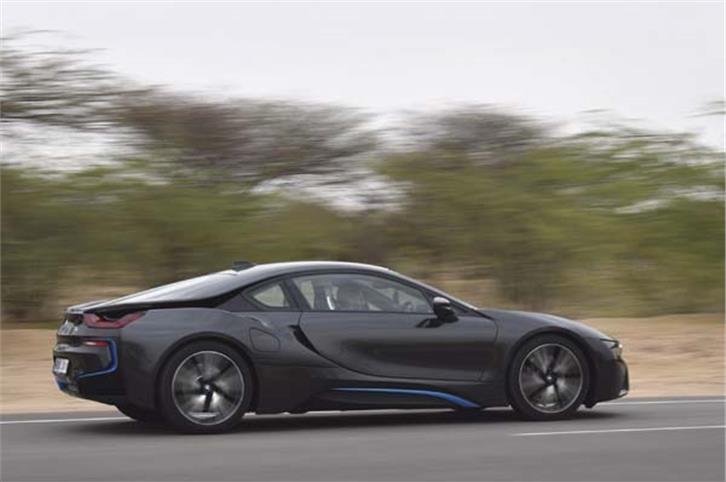
What’s it like to drive?
To know that, you have to get in, and that involves swinging open the butterfly door and sliding over a seriously wide sill, a process compounded by a low roofline, lower dashboard, and that large door. Once you do, though, you’ll find a cabin that’s downright revolutionary compared to the templatised interiors of BMW’s sedans. Everything is angled towards the driver — more so than usual, and there’s a nice, asymmetric, layered design to the dashboard. The seating position, surprisingly, isn’t too low, and you get a good view out the front and sides. Rear visibility is not the greatest though, but that’s forgivable in a mid-engine car.
Through the centre of the cabin runs a tall, wide tunnel, under which sit the batteries, and on top of which are your standard BMW controls — the gear lever, i-Drive touchpad dial, drive mode toggle and engine start button. There are two rear seats, but even kids would find the headroom and legroom tight, so it’s better to use this space for luggage, since the boot is a tiny space behind the mid-mounted engine. The i-Drive screen is at the centre of the dash, of course, but a second screen does duty as the instrument cluster. This screen changes colour and its display according to which mode the car is in, with Sport throwing up a conventional speedo and rev counter. The other modes show a variety of things like charge-versus-power consumption in place of the tachometer; it takes a little getting used to. We’d have also liked larger graphics for the fuel and battery charge indicators — rather important in a hybrid car like this — which are represented by tiny icons at the bottom of the screen.
Choosing your drive mode is important too, and it’s a bit annoying that the four options you have aren’t simply calibrated to one toggle switch as they are on every other BMW. The switch is there, but it only alternates between Comfort (the default hybrid setting) and Eco Pro (the same, but with dulled throttle and AC performance). To go all-electric, provided you have enough battery juice, you press the ‘eDrive’ button near the starter button, and you can drive fully electric up to 120kph. Chase after that top speed in this mode, however, and you won’t even come close to the claimed 37km range. Sport mode is activated by tapping the gearlever to the left, at which point the dials turn red and the petrol engine stays constantly on. This is maximum attack mode, where all resources are dedicated to performance, not economy. With your right foot planted, the engine will rev to its redline, and your battery reserves will be used as e-boost to aid the thrust. Interestingly, this mode also generates maximum battery recharge, as well as the most aggressive regeneration from coasting and braking. Comfort is what’s best for everyday use, and here, it will be electric up to 60kph (battery level permitting) after which the petrol engine quietly turns on. What’s most amazing is how seamlessly and silently this happens; in Comfort mode, you can barely tell the engine is there.
Speaking of which, it’s a 1.5-litre, three-cylinder turbocharged motor, related to the one in the Mini Cooper, mounted transversely and mated to a six-speed automatic gearbox. Before you scoff at its cubic capacity, however, know that this motor produces 228bhp and 32.6kgm all by itself. Then add to that the 129bhp and 25.5kgm of instantaneous electric torque from the front, and you get 0-100kph in a claimed 4.4sec. After all, 357bhp and 58kgm are proper sportscar numbers. The performance is instantaneous from a standstill and progress feels brisk, but not ferocious, even in Sport mode. Reactions from the gearbox to sudden pedal inputs feel instantaneous, and this comes in handy when you want to overtake someone, as does this car’s ample mid-range, but overall, it doesn’t feel as quick as the exteriors would lead you to believe. What does help the speedy sensation is the sound, though it’s kind of disappointing that much of it comes in digitally from the speakers; hear it from the outside, and this is a great sounding engine. Also, don’t think that because it’s a hybrid, you can drive it flat-out endlessly — our car had an optional, but still tiny, 42-litre fuel tank (30 litres is standard) and pushing hard will drain both it and the batteries quite quickly. The claimed ranges are based on a combination of slow city driving and highway use.
The i8’s ride is firm, but no firmer than you’d expect from any sportscar; it firms up some more when set to Sport, as well. With just 117mm of clearance, it is also very low. But the bigger issue is the long 2,800mm wheelbase (as long as a Renault Lodgy’s), which is what really makes crossing tall speed breakers a challenge.
With one motor each at the front and the mid-rear, BMW has managed to, as always, nail its perfect 50:50 weight distribution with this car, and it really shines through when you drive it. You truly feel at the centre of it all as you go through corners, and though we didn’t get a chance to do a serious handling test on the long highways outside Jodhpur, we got a good feel for how tight and well balanced this chassis feels. The steering (electrically assisted, of course) is a highlight, feeling not too light, nor too heavy, very quick, and superbly direct. The car corners supremely flat and there’s a huge amount of grip thanks to the effective four-wheel drive. What limits it slightly are the skinny front tyres (215-section on our car, but 195-section on some wheel options), which when you really push hard, will lose their composure and lead to a bit of understeer. However, this is only at the very limit, and most will be able to enjoy the grip and chassis balance without issue. What definitely needs a mention are the brakes, which feel nice and progressive — not what you usually get from regenerative brakes.
Copyright (c) Autocar India. All rights reserved.

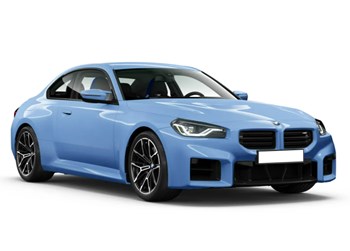
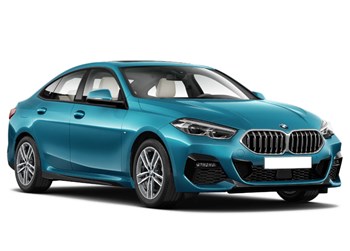
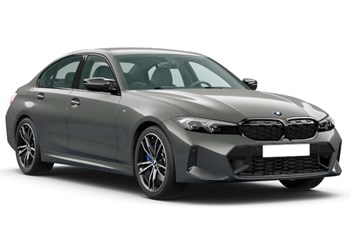
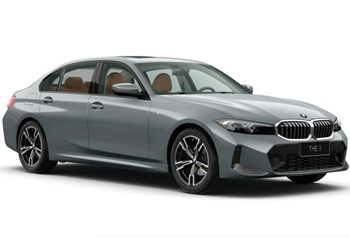
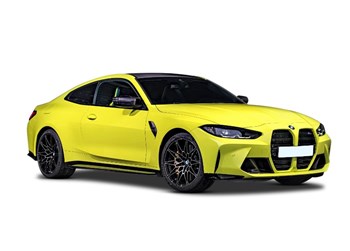
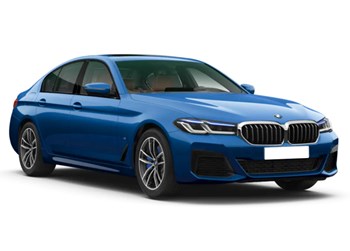
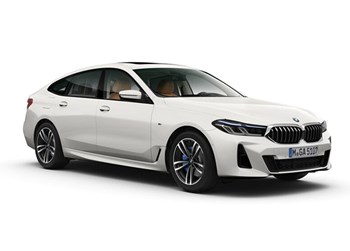
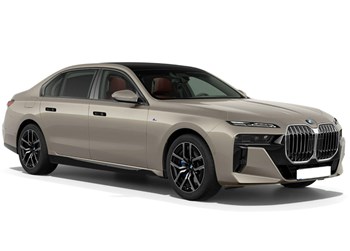
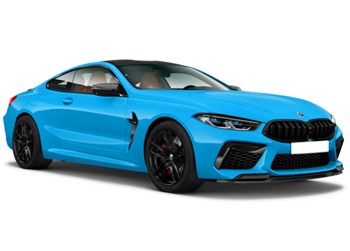
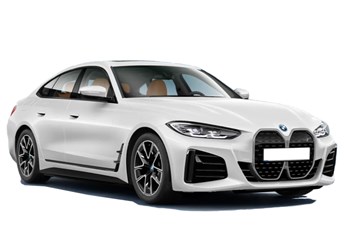
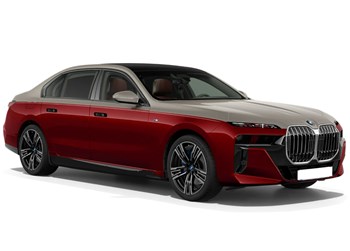
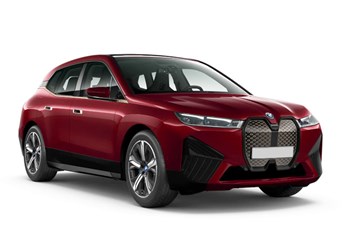
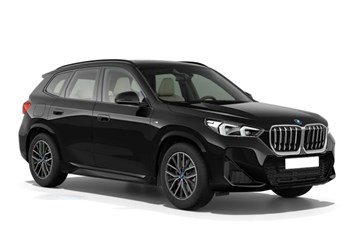
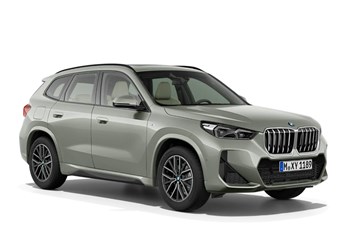
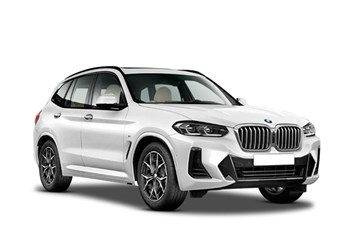
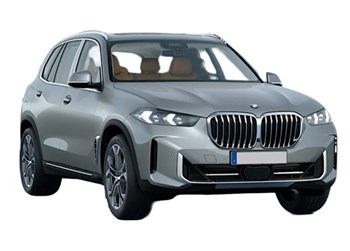
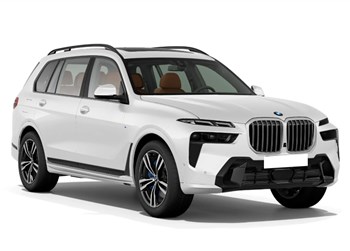
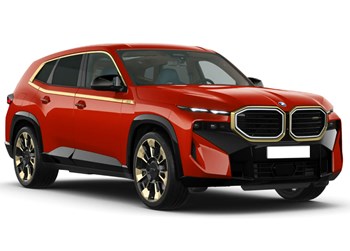
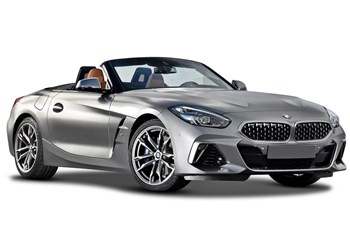

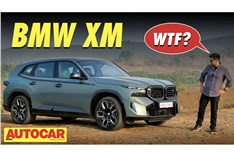




Comments
Member Login
Personal Details
No comments yet. Be the first to comment.